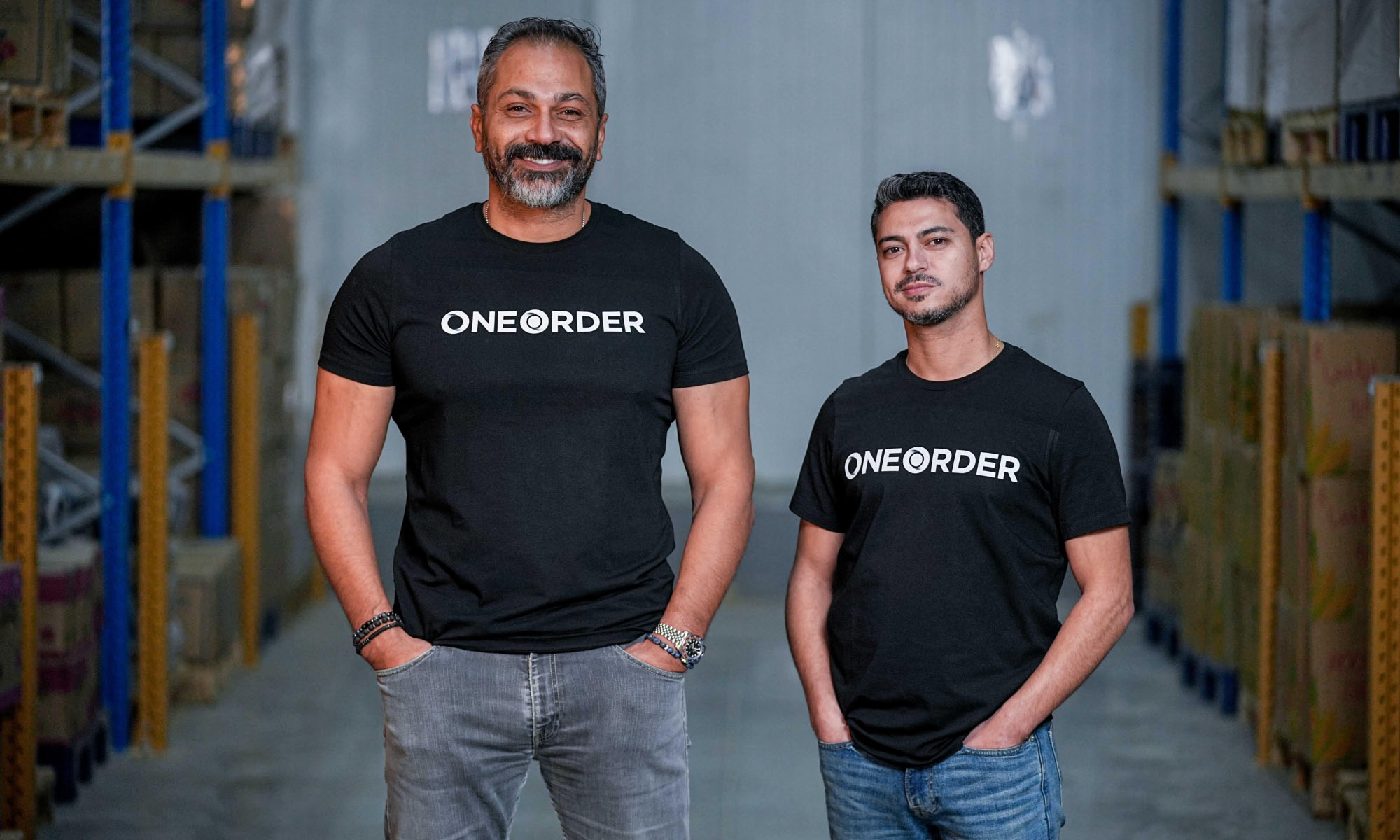News
Egypt’s Tech Startup OneOrder Raises $3M In Funding
Investors have now injected a total of $10.5 million into the Egypt-based catering logistics firm.

OneOrder, the Egyptian catering logistics and technology startup, has just raised another $3 million after a recent round of funding, with a view to boosting the firm’s core technology offering and upgrading in-house operations.
The latest funding round was led by Nclude, an investment platform that describes itself as an “Innovation Engine powered by tech startups”, as well as venture capital firm A15, and delivery giant Delivery Hero.
The fresh capital injection will help boost OneOrder’s in-house operations, improve sales and market share, and allow the firm to recruit top talent and improve its proprietary technology. In addition, OneOrder will now be able to scale its offline operations, expanding its network of warehouses further across Egypt and the MENA region.
“Aside from improving efficiency, we are reducing costs and impacting restaurants’ bottom lines. Joined by prominent global investors with deep knowledge and extensive expertise in our sector, we look forward to our next phase of rapid growth,” says Tamer Amer, co-founder and chief executive of OneOrder.
Also Read: Hub71’s Startup Ecosystem Now Boasts Over 200 Members
OneOrder has only been in existence since October 2021 and has already made a name for itself by using technology to address the inefficiencies faced by restaurants when sourcing supplies. The company’s platform allows restaurants to interact with a fragmented supplier base to efficiently source their supplies, such as meat, vegetables and catering equipment.
In Egypt, OneOrder has a potential market of 400,000 restaurants with an aggregate annual spend of $40 billion. Due to non-integrated supply chains, these businesses spend between 6-7% of their revenue to ensure logistical stability, so the future certainly looks interesting for this prominent startup.
News
Mamo Completes $3.4M Funding Round To Enhance Fintech Services
The startup will use the influx of cash to expand into Saudi Arabia and across the wider GCC while improving its product offering.

UAE-based fintech Mamo has announced the completion of a $3.4 million funding round that will help the startup extend its market presence and improve its product offering. Investors included 4DX Ventures, the Dubai Future District Fund and Cyfr Capital.
Mamo’s platform offers “payment collection, corporate cards and expense management” to help small and medium-sized businesses consolidate and streamline their operations. With the latest influx of capital, Mamo will further develop its comprehensive suite of services and begin testing its product lines in Saudi Arabia, further extending its footprint across the GCC.
Imad Gharazeddine, co-founder and CEO of Mamo, stated: “We’ve been in the market for a while now and are incredibly proud of what our team has achieved. The holistic and expansive nature of our product offering has helped us continue to grow sustainably. This additional funding will allow us to reach our medium-term goals even faster. The support from new and existing investors is a testament to our strong expertise and the ability to deliver on our customer promise”.
Daniel Marlo, General Partner of lead investor 4DX Ventures, added: “We have immense trust in Imad’s vision, leadership and Mamo’s innovative approach to provide a user-friendly and comprehensive financial solution for SMEs that makes financial management more accessible and efficient. We are proud to partner with them and support their mission”.
Also Read: A Guide To Digital Payment Methods In The Middle East
Amer Fatayer, Managing Director of Dubai Future District Fund’s investment team, also commented: “Mamo’s localized product lines serve as an infrastructure for SME payments and spend management in UAE, a segment that is underserved by the country’s current banking infrastructure. The team has taken a product-first approach to consolidating SMEs’ financial journeys and building a fintech solution deeply embedded in a business’s core operations”.
To date, Mamo has raised around $13 million in investment funding and now boasts a team of 30 people. The company’s intuitive financial services platform has allowed over 1,000 businesses to consolidate their financial operations and significantly reduce payment fees.
-

 News4 weeks ago
News4 weeks agoAmazon Prime Day 2024: Get Ready For 6 Days Of Amazing Deals
-

 News4 weeks ago
News4 weeks agoSamsung Unpacked 2024: What To Expect From The July 10 Event
-

 News4 weeks ago
News4 weeks agoCoursera Report Shows Surge In UAE Interest In AI Upskilling
-

 News4 weeks ago
News4 weeks agoMeet Dubai’s Groundbreaking Smart Robot Delivery Assistant
















